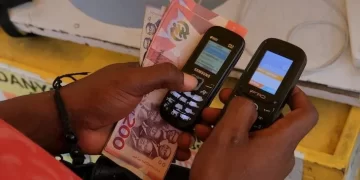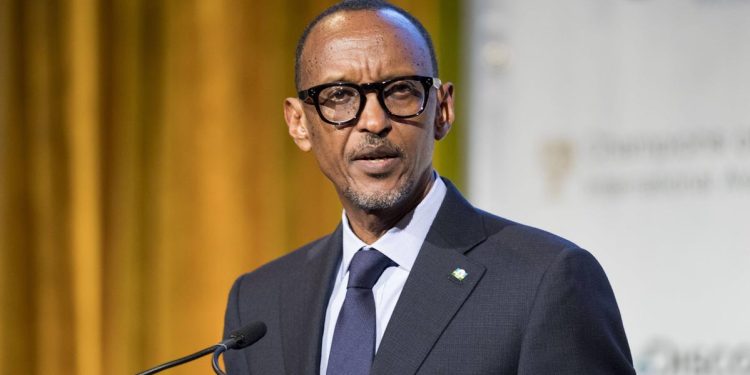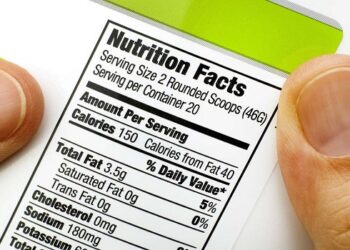Despite pressure on Rwanda’s finances brought on by ongoing global shocks linked to the prolonged impact of the Covid-19 pandemic, the war in Ukraine, and the appreciation of the US dollar, Rwanda has successfully repaid its $400 million Eurobond.
The whole payment, which was due this week, was successfully completed, according to information obtained by The EastAfrican, a media outlet that focuses on East African news.
The International Monetary Fund (IMF) was able to provide finance, which allowed the government to save money, according to representatives of Rwanda’s Ministry of Finance and Economic Planning.
“The government has set aside $63 million as part of the International Monetary Fund’s Special Drawing Rights (SDR) allocation that it received in 2021 as support to fight against the impact of Covid-19 on the economy,” the finance ministry told The EastAfrican.
“This foresight and proactive measure by the government have significantly reduced the risk of default and allowed a successful repayment of the remaining 15.1% of the 2013 Eurobond,” the ministry added.
Read Also: Two-thirds of Ghana’s unemployment population are women- GSS report
However, Rwanda was able to reduce its debt load during the pandemic when it used the second $620 million Eurobond, issued in response to the low-interest rate environment, to pay back a portion of the $400 million.
The coupon rate on the $620 million 10-year Eurobond issued in April 2021 was 5.5%, which was lower than the 2013 rate of 6.625%. Over the following ten years, the lower yield resulted in a decrease in its yearly interest payments, which helped make its debt manageable.
With public and publicly guaranteed debt growing substantially to 78.3% of GDP in 2021 from a pre-pandemic ratio of 60.7% of GDP in 2019, the government has borrowed heavily in recent years to support economic recovery and development initiatives.
However, with long maturities and low-interest rates, development finance institutions are responsible for about 80% of this debt’s concessions.
SOURCE: businessinsider



























